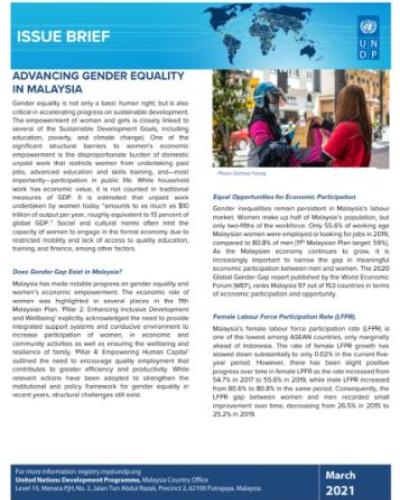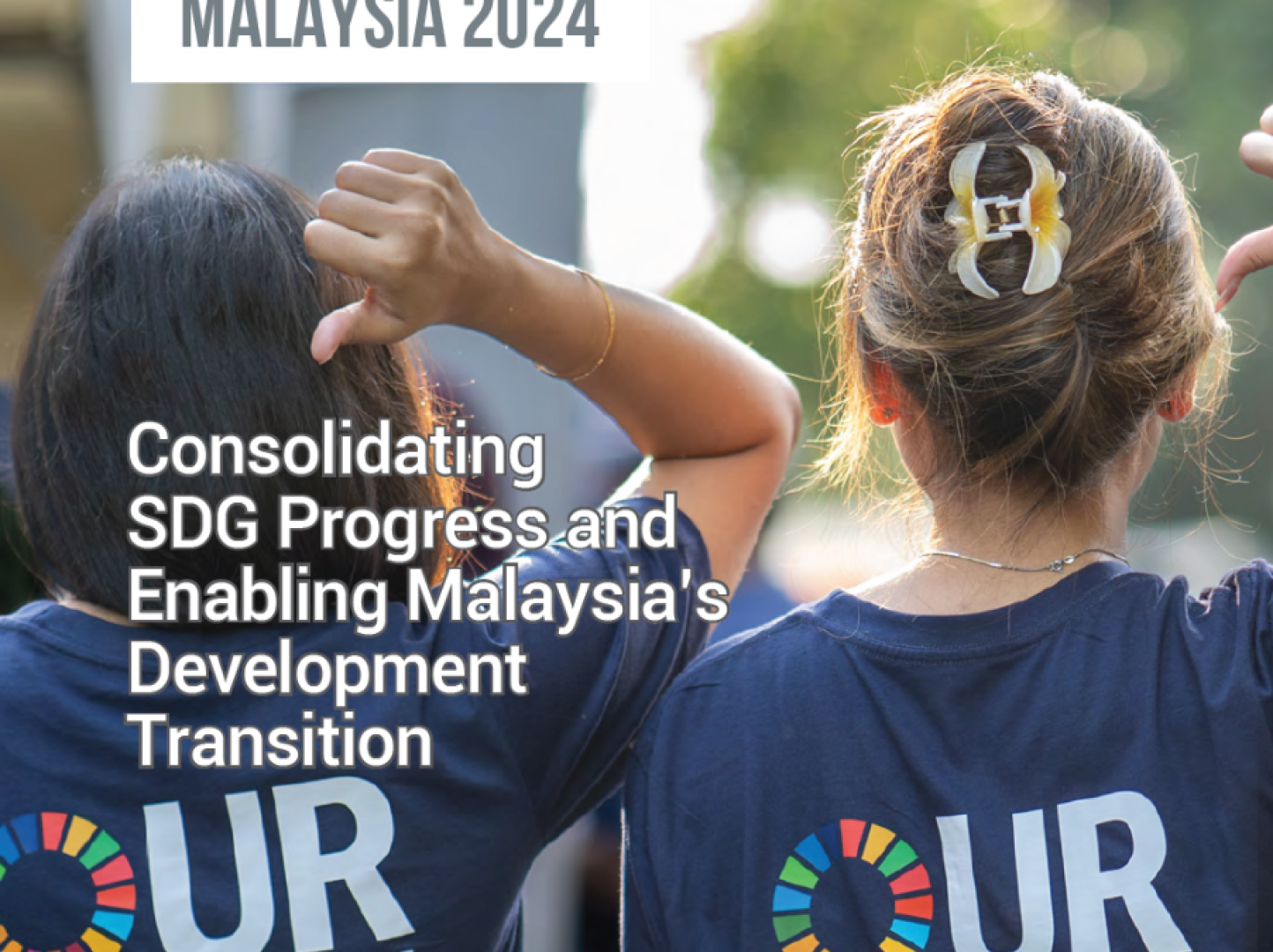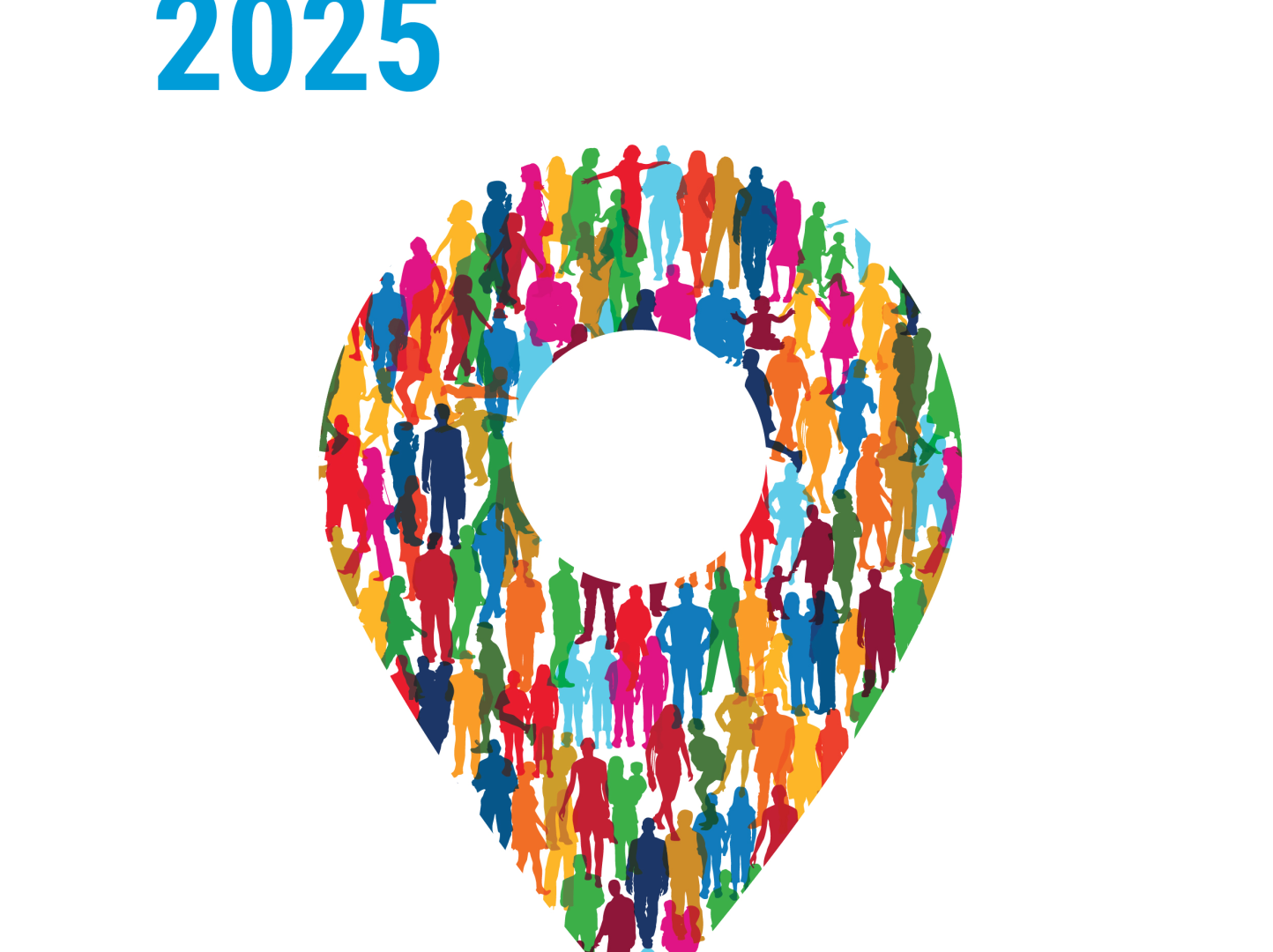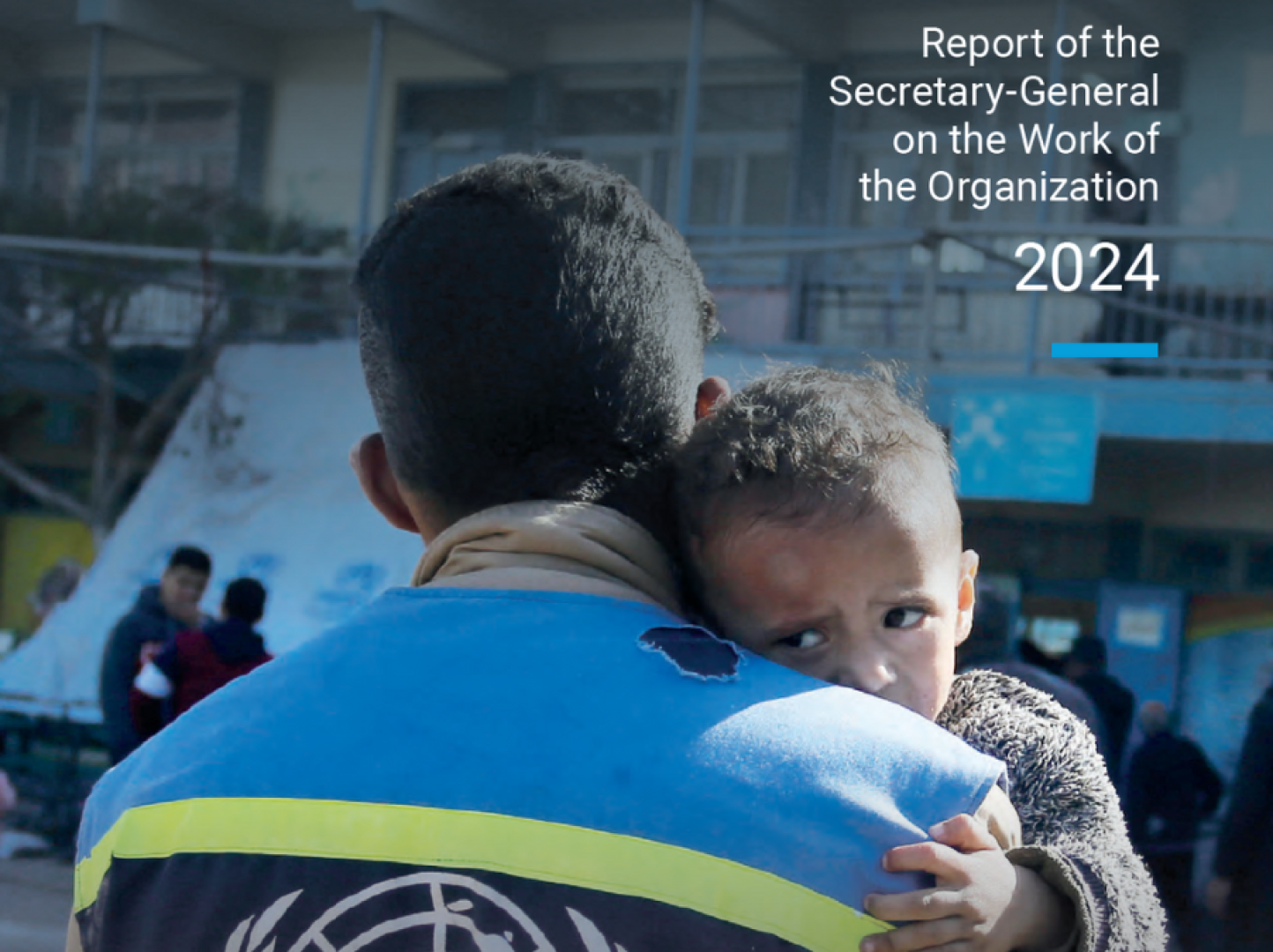Issue Brief: Advancing Gender Equality in Malaysia

The empowerment of women and girls is closely linked to several of the Sustainable Development Goals, including education, poverty, and climate change). One of the significant structural barriers to women’s economic empowerment is the disproportionate burden of domestic unpaid work that restricts women from undertaking paid jobs, advanced education and skills training, and—most importantly—participation in public life. While household work has economic value, it is not counted in traditional measures of GDP. It is estimated that unpaid work undertaken by women today “amounts to as much as $10 trillion of output per year, roughly equivalent to 13 percent of global GDP.” Social and cultural norms often limit the capacity of women to engage in the formal economy due to restricted mobility and lack of access to quality education, training, and finance, among other factors.
This Issue Brief provides a short overview of different aspects of gender equality in the Malaysian economy and how gender-responsive approaches in economic planning, budgeting and evaluation will contribute towards the shaping Malaysia into an inclusive society that it aspires to be.




